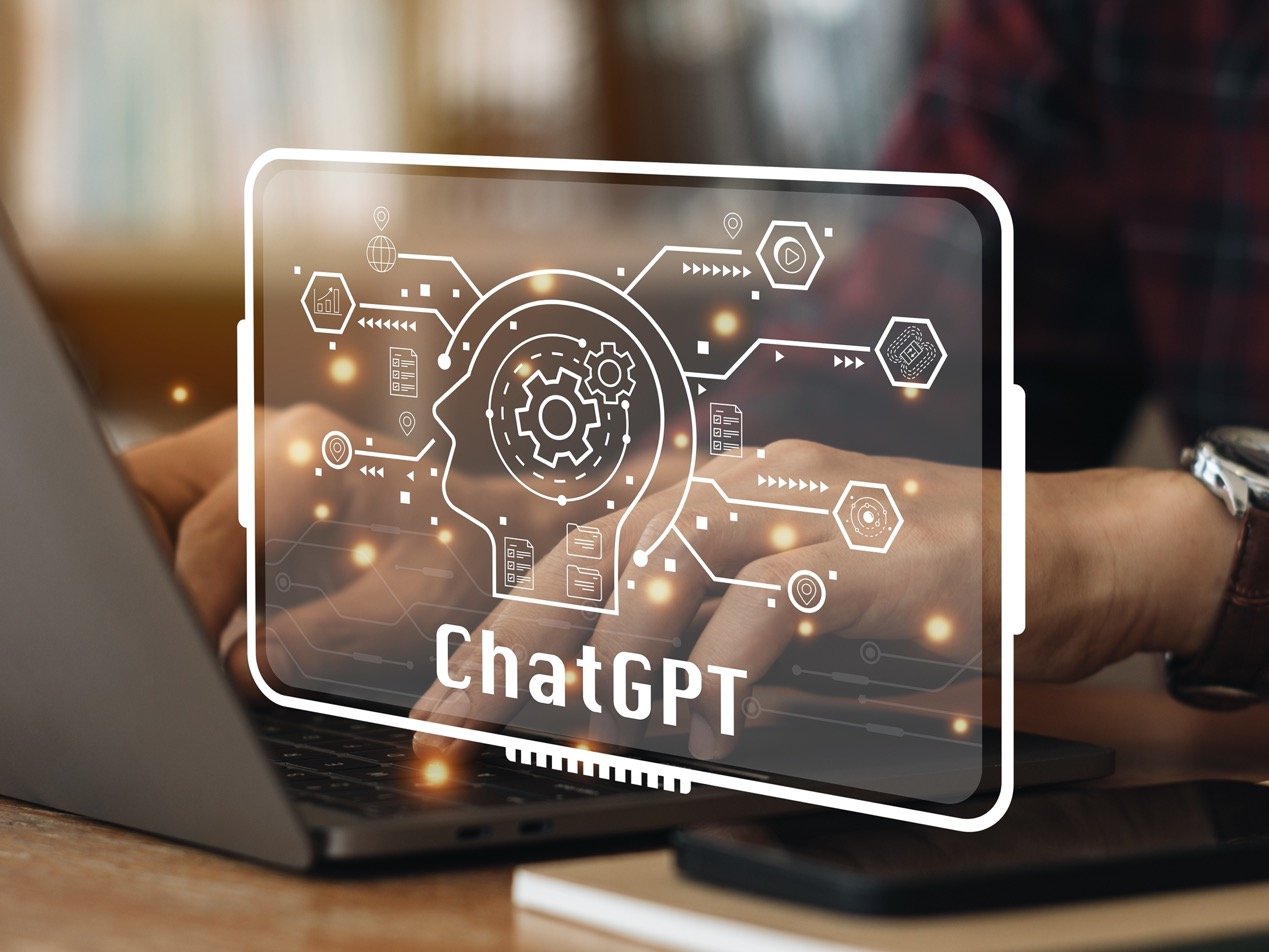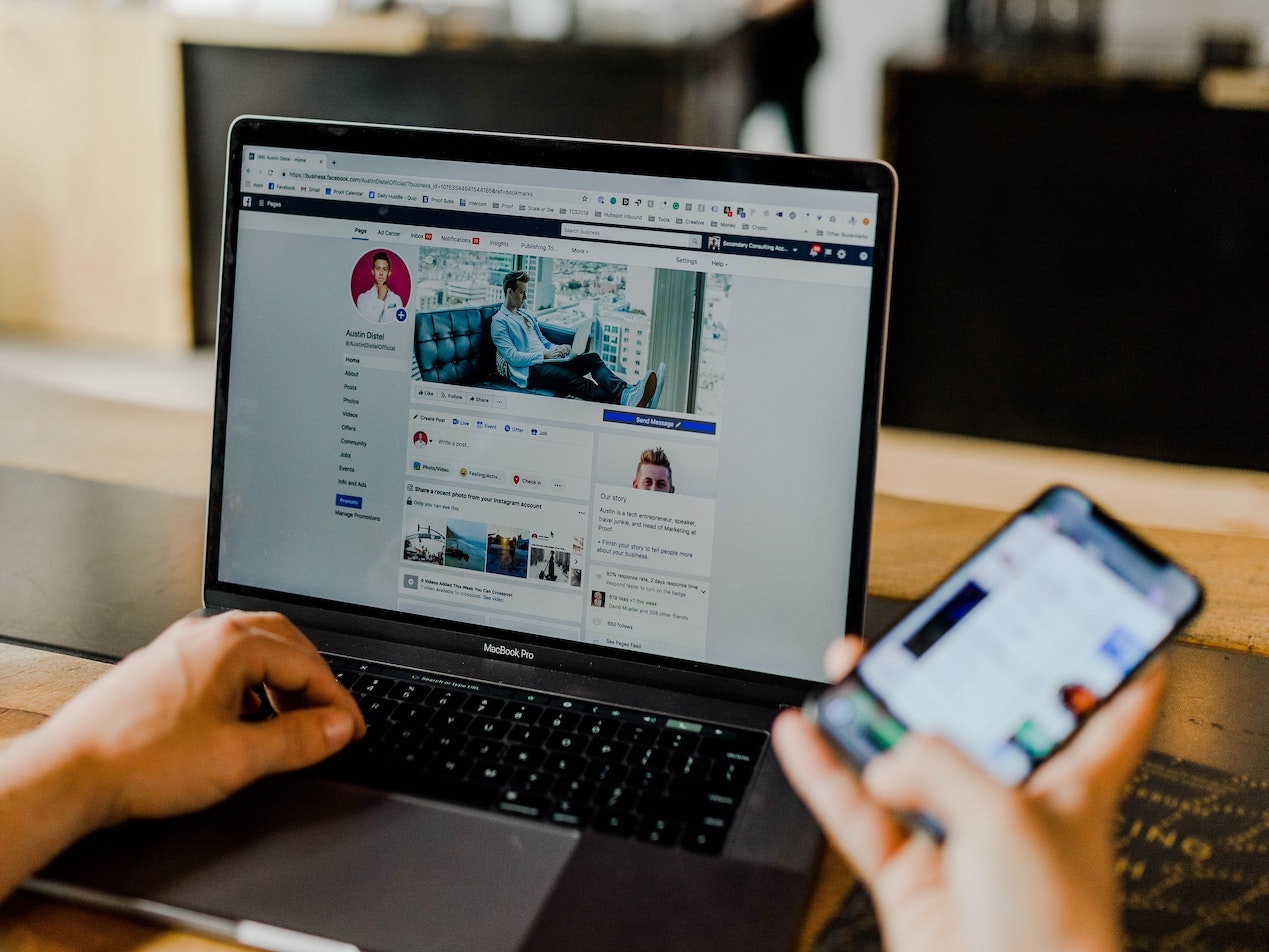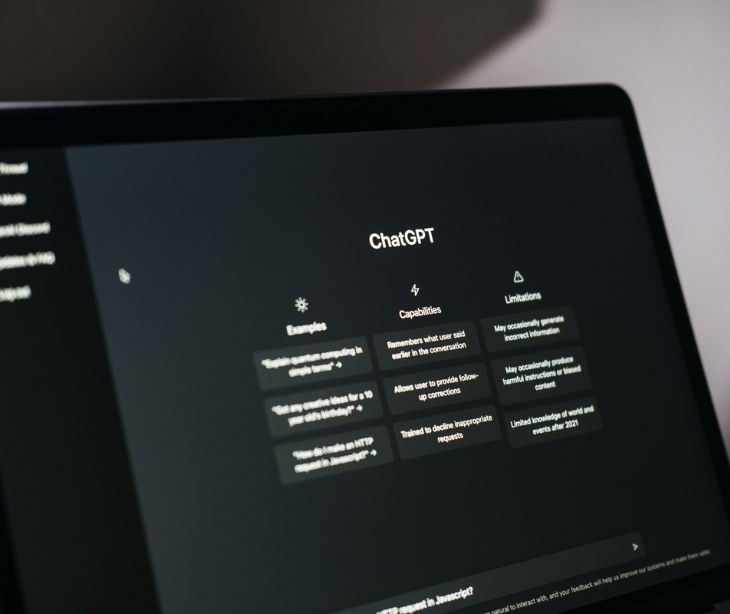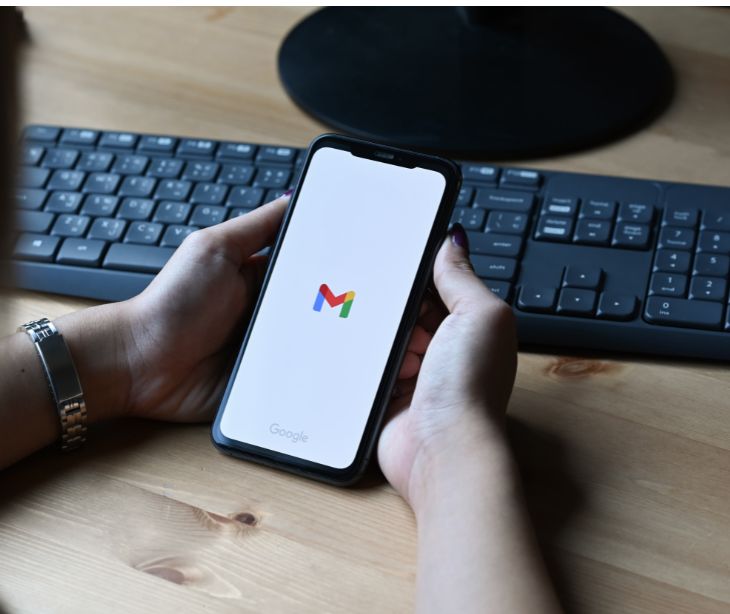
AI language models like ChatGPT, developed by OpenAI, are transforming many industries, and healthcare is no exception.
Regardless of your medical field, there are implications around HIPAA compliance, patient care, and privacy. So let’s look at the basics of AI, GPT-4, and HIPAA compliance. We’ll also explore how you can leverage AI language models in your practice while ensuring the protection of sensitive patient data.
Understanding AI and GPT-4
Artificial Intelligence (AI) refers to computer systems that can perform tasks that typically require human intelligence. ChatGPT is a language model designed to understand and write human-like text.
GPT-4, or Generative Pre-trained Transformer 4, is an advanced AI model that is very, very good at processing natural language. It can answer questions, summarize text, and even write patient emails.
However, using AI language models like ChatGPT in healthcare requires strict adherence to privacy regulations like HIPAA.
HIPAA Compliance Basics
Just in case you’re not familiar with HIPAA regulations, The Health Insurance Portability and Accountability Act (HIPAA) is a law that protects the privacy and security of a patient’s health information, known as Protected Health Information (PHI). It sets specific standards for maintaining confidentiality, integrity, and availability of PHI.
Related: How to send HIPAA compliant emails
Strategies for HIPAA Compliant AI Use
Healthcare providers must follow HIPAA regulations when using AI language models like ChatGPT. Here are a few things to keep in mind:
1. Secure Data Storage and Transmission
To protect sensitive patient data, use secure storage and transmission methods. This includes encrypting data at rest and in transit and ensuring the AI language model is hosted on a secure and compliant infrastructure. You may consider using private clouds, on-premises servers, or HIPAA compliant cloud services.
2. De-identification
When working with PHI, it’s crucial to de-identify or anonymize data to minimize the risk of breaches. AI language models should be trained to recognize and redact any personally identifiable information before processing the data.
3. Access Control and Auditing
Implement robust access control mechanisms to limit access to PHI. Ensure that only authorized personnel can interact with the AI language model and sensitive data. Regularly audit the system to monitor compliance and identify potential vulnerabilities.
4. Data Sharing and Consent
Ensure that the use of AI language models aligns with data-sharing agreements and patients’ consent. Collect, process, and store data in a way that adheres to these agreements and follows HIPAA guidelines.
5. Minimizing Bias
AI language models can sometimes unintentionally propagate biases present in their training data. Be aware of potential biases and minimize their impact on the AI model’s outputs to ensure fair and unbiased results.
ChatGPT Use Cases in Healthcare
1. Appointment Scheduling
AI language models can manage appointment scheduling and automate reminders, ensuring that all communication is HIPAA compliant and that PHI is protected.
2. Patient Triage
ChatGPT can help streamline patient triage by processing and summarizing patients’ symptoms and medical history, enabling healthcare providers to make informed decisions more quickly.
3. Treatment Plan Assistance
AI language models can assist healthcare professionals in developing personalized treatment plans by summarizing relevant medical literature and guidelines.
4. Patient Education
Healthcare providers can use ChatGPT to create tailored patient education materials, ensuring the content is accurate, up-to-date, and easy to understand while safeguarding patient privacy.
Explore ChatGPT Safely
AI language models like ChatGPT offer exciting possibilities for healthcare professionals. Still, it’s crucial to prioritize HIPAA compliance when implementing these technologies. By following the strategies outlined in this guide, you can harness the potential of AI language models to improve patient care while protecting sensitive patient data. As you explore the world of AI, remember to stay informed about the latest regulations and best practices in the field and consult with experts to maintain compliance with HIPAA and other relevant laws.
Related: HIPAA Compliant Email: The Definitive Guide
By taking a proactive approach and implementing secure, privacy-focused practices, healthcare professionals can leverage the power of AI language models like ChatGPT to streamline their work, enhance patient communication, and ultimately improve patient outcomes. As AI continues to evolve and become an integral part of the healthcare industry, staying informed and adapting to the changing landscape will be crucial for success in the years to come.
(ChatGPT contributed to this article and made suggestions to improve it.)
How ChatGPT handles data:
According to OpenAI's data policies as of March 1, 2023:
- OpenAI will not use data submitted by customers via API to train or improve our models, unless explicitly opted in to share data..
- Any data sent through the API will be retained for abuse and misuse monitoring purposes for a maximum of 30 days, after which it will be deleted (unless otherwise required by law).
- Non-API data is used in AI training by default, but users can opt out of having their data used in training by submitting this form.
Subscribe to Paubox Weekly
Every Friday we'll bring you the most important news from Paubox. Our aim is to make you smarter, faster.



 Dean Levitt
Dean Levitt



